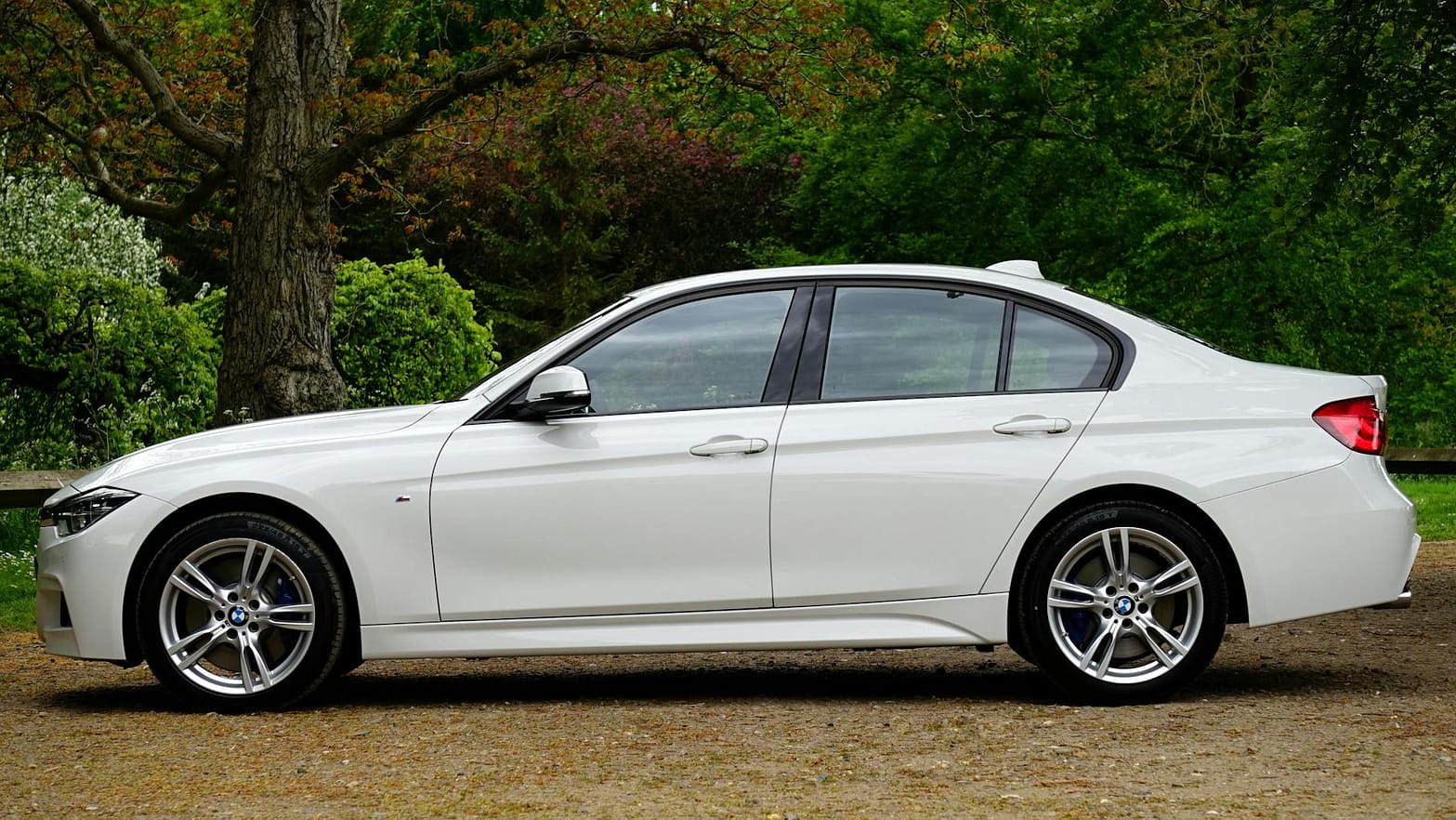Owning a car can be one of life’s most rewarding experiences, offering freedom, convenience, and mobility. However, it also comes with its fair share of financial challenges. From unexpected repairs to loan payments, maintaining your vehicle can sometimes strain your budget. By being mindful of certain financial pitfalls, you can avoid costly mistakes and keep your car ownership experience smooth and stress-free. Here are some practical tips to help you stay financially secure while enjoying the benefits of owning a car.
Table of Contents
Understand the True Cost of Car Ownership
Many new car owners often underestimate the actual costs associated with owning a vehicle. Beyond the sticker price, there are several hidden expenses that can add up quickly, such as insurance, maintenance, fuel, and registration fees. It’s essential to consider these factors before purchasing a car, as they can significantly affect your monthly budget.
Creating a realistic estimate of your total car-related expenses will help you make a more informed decision. Be sure to factor in the costs of regular servicing, unexpected repairs, and even potential resale value. By doing this, you’ll avoid the common pitfall of purchasing a car you can’t comfortably afford to maintain.
Choose the Right Financing Option

Financing a car is one of the most significant financial commitments you’ll make. There are various options available, from traditional loans to leasing and Personal Contract Purchase (PCP) agreements. While PCP deals can offer lower monthly payments, it’s crucial to understand the long-term costs and obligations associated with these contracts.
In some cases, car buyers may be mis-sold a PCP deal that isn’t fully explained, leading to unexpected financial strain down the road. If you think you’ve been mis-sold a PCP agreement, there may be recourse. For example, Volkswagen PCP Claims allow customers to seek compensation if they were not properly informed about the terms of their PCP contract. Make sure to fully understand any agreement before signing to avoid falling into unnecessary debt.
Maintain Your Vehicle Regularly
Regular maintenance is key to keeping your car running smoothly and avoiding large repair bills. Many car owners make the mistake of neglecting routine checks and servicing, only to face costly repairs that could have been prevented. Simple tasks like oil changes, tire rotations, and brake inspections can save you hundreds, if not thousands, of dollars over time.
Additionally, staying on top of your car’s maintenance will help retain its resale value, making it easier to sell or trade in when you decide to upgrade. Keep a maintenance schedule, and consider setting aside a small portion of your budget each month for car upkeep to prevent being caught off guard by unexpected repairs.
Avoid Impulse Upgrades
While it can be tempting to personalize your car with expensive upgrades, these costs can quickly add up and strain your finances. Whether it’s installing a new sound system, getting custom rims, or adding performance enhancements, it’s important to evaluate whether these upgrades are truly necessary and worth the cost.
Impulse spending on non-essential upgrades can also affect your vehicle’s resale value. In some cases, the modifications you make might not add any value at all and could even lower the price when it’s time to sell. Focus on maintaining your car’s functionality rather than its aesthetics to avoid falling into a financial trap.
Consider Fuel Efficiency
Fuel is one of the largest recurring expenses for car owners. Choosing a fuel-efficient vehicle can make a big difference in how much you spend at the pump. Many modern cars come with advanced fuel-saving technology, but even small changes in driving habits can improve your car’s efficiency. Simple steps like maintaining a steady speed, avoiding heavy acceleration, and keeping your tires properly inflated can all contribute to better fuel economy.
For those planning to purchase a new car, opting for a hybrid or electric vehicle can reduce fuel costs and contribute to long-term savings. Research the options available and compare fuel efficiency ratings to find a car that suits your financial goals.
Car ownership is a long-term commitment that requires careful financial planning. By understanding the true costs, choosing the right financing option, maintaining your vehicle, and making smart spending decisions, you can avoid common financial pitfalls. Stay informed and be proactive about managing your car-related expenses to ensure a smooth and financially secure experience.

